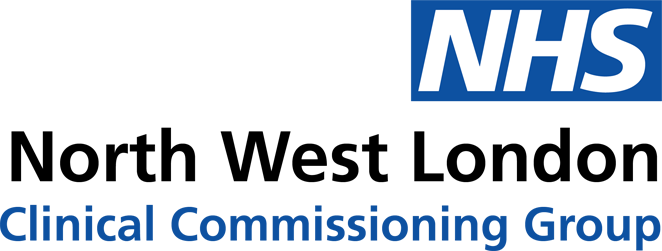Engagement with Londoners must go deeper in order to realise the full benefits of joined-up health and care data
Published on: 30th July 2019

A new report commissioned by the OneLondon Local Health and Care Record Exemplar (LHCRE) suggests that system leaders must go further than before to fully understand the public’s expectations of how health and care data is used in a variety of real-world situations. Without this work major transformation programmes, like the Local Health and Care Record Exemplars, risk failing to build and sustain the public trust and confidence upon which they rely.
Understanding public expectations of the use of health and care data – an independent report authored by CurvedThinking and developed in consultation with Understanding Patient Data – reveals that previous research and engagement has largely focussed on the anticipated benefits or potential concerns around the use of health and care data; and it highlights that we know too little about the way that people weigh-up these respective benefits and concerns in real-world scenarios.
Understanding the expectations of Londoners
The report confirms a strong expectation amongst the public that their information should be joined up and available to clinicians at the point of care to support their individual care – indeed it highlights the surprise of many people when they find that this is not routinely the case. But the picture is less well developed when thinking about how a person’s health and care information might be used for purposes beyond their own individual care, for example, quality improvement, service planning or research.
In order to build trust, and to operate in line with people’s expectations, health and care leaders must go further to explore and understand what people’s expectations actually are in relation to these wider uses of health and care information. This engagement must involve more than simply registering benefits and concerns, and instead it should explore the trade-offs people are willing to make in specific real-world settings.
Commenting on the research findings, Dr Vin Diwakar, Chief Clinical Information Officer, Regional Medical Director for the NHS in London, and Senior Responsible Officer for OneLondon, said:
“There are significant benefits to be realised from joining up health and care information, for example, better integration of care, reduced risk of errors and better planning of services to ensure Londoners' needs are met.
“Whilst the benefits of joining up information may be obvious to many, we cannot assume that the case has been made more broadly across our population. It is therefore vital that we engage with Londoners to understand exactly what people’s expectations are; and to build trust, support and confidence amongst the public and professionals about the use of health and care information for individual care delivery and for a range of other uses.”
Understanding public expectations of the use of health and care data will inform OneLondon’s wide-reaching engagement programme. Providing detailed insight into what is known about people’s attitudes and expectations of the use of health and care data whilst also identifying the gaps in evidence and current understanding, it makes recommendations for what meaningful engagement with patients, publics and professionals must look like to build trust.
Dr Jonty Heaversedge, Chief Clinical Information Officer for OneLondon and a GP in South East London, commented:
“This is important research which will enable clinicians like me to be better informed regarding our patients’ clear expectations that we join up information to support their care. It is our responsibility as health and care professionals to ensure that these expectations are routinely met. I am delighted that OneLondon is making this happen, so that information becomes more available at the point of care across the Capital over the next year. This is great news for Londoners, and for the hard-working professionals who rely on accurate health and care information to provide high-quality care.”
The OneLondon partnership
The OneLondon LHCRE is a partnership of NHS organisations and local government across London, comprising the five Sustainability and Transformation Partnerships (STPs) and three Academic Health Science Networks (AHSNs).
This partnership is working together with citizens to transform London’s health and care services by joining up information to support fast, effective and safe care. OneLondon’s programme of work will complement the development of pre-existing local health and care record initiatives in parts of London, supporting a vision for joined-up information across the whole of the Capital.
Working with Londoners to shape the ‘rules of the game’
Much more work is needed in order to understand what Londoners expect in terms of how their health and care information may be used for purposes beyond their own individual care. As a result of this research, OneLondon has committed to a deeper dialogue and deliberation with patients, publics and professionals across London. A genuine and deliberative programme of engagement with Londoners will surface their expectations and explore what trade-offs are agreeable to meet these within the constraints of how a health and care system operates.
Luke Readman, OneLondon’s Chief Officer and Director of Digital Transformation for London, commented on OneLondon’s wide-ranging engagement process:
“This programme will have significant reach across London, with a strong focus on engaging seldom-heard and vulnerable groups as these voices are a clear gap in the existing evidence. With visible leadership from clinicians, regional NHS executives and the Greater Londoner Authority, we will - for the first time - establish the expectations of Londoners with regards to health information uses, working with Londoners to shape ‘the rules of the game’ and to ensure that we proceed in a way which builds trustworthiness and confidence amongst the populations we serve.”
Understanding public expectations of the use of health and care data is available to read and download here








